The Republic of China may be the only country in the world with a formal political warfare division in its central government. Most countries cannot justify the need for such a department. Some strongly disapprove. Some Chinese citizens, even do not understand its purposes, and go so far as to identify the department as an organization of secret agents.
Charged with national planning for the Political Warfare Department is a very influential member of the Defense Department, General Wang Sheng. He is highly respected, by some, for his beliefs and his determination in carrying out a program vital to Free China. Some others call him a 'war-hawk' and 'ultra-rightist'. Hearing the criticism, General Wang smiles and says, "These criticisms are an occupational hazard, spread by those whose purposes we oppose. Through the years they attack by overstating the meaning of a strong anti-Communist stance." Before interviewing General Wang, we were also somewhat intimidated, expecting to face a strident, over-bearing ideologist. After all, he seemed, for so many years, shrouded in a veil of mystery. However, we found him to be a warm and engaging man, his white hair backgrounding a long-term knowledge and experience of political realities.
General Wang was born in 1917 into a China torn by civil strife. Part of the disorder was a result of roving bands of Communists, trying to foment greater trouble by destroying the meagre economy and law, making normal life impossible. In their countless internal power struggles, they sometimes ended up massacring their own people.
The General reflects on that time: "I loved to study, and lived for a long time just for the pursuit of knowledge. But another part of me could not bear the agonies of the Chinese people, just barely able to eke out an existence. I wanted to serve the country. Thereupon, I enlisted in the military. However, I never led troops and I never saw battle." His grades at a military school were especially outstanding. After graduation, he was sent to work as a specialist in the government and later directed and supervised political work. As a result, General Wang never had a commanding post.
At that time, the now President Chiang was a specialist for the government in national reconstruction. Since their jobs were often closely related, they worked together in office and field. Over forty years a close professional relationship and personal friendship has developed. Wang remembers those days clearly, "I was very much influenced by my colleague, our President Chiang. I attended classes he instructed many times."
Now General Wang instructs, and designs, his own courses as head of a special military school. As a political warfare educator, he supplies knowledge of political strategy and systems from a military-use viewpoint. There for over ten years, he has developed deep feelings for the students, who will lead in the future.
Foreign visitors approach him often look a bit askance as if to ask, "What are you up to?" "I patiently explain," General Wang says, "Political warfare is necessary. Over the past thirty years the Communists' determination to destroy Taiwan has never wavered. So we must maintain vigilant. We must keep ourselves strong militarily. And we must engage in the political struggle. Our comrades on the Mainland must be waked to see the reality of their existence, so that they can join us and lead free and satisfying lives. This is our task, our responsibility."
"Perhaps it's the different cultural outlook of Westerners and ourselves which accounts for their misunderstanding of our purpose," he continues. "Westerners talk in pragmatic terms of political reality and power. Here, where the violent threat of Communism is at our very doorstep, we think in even more pragmatic terms of political ideals and responsibility--the responsibility to vigorously protect ourselves against an ever-active enemy--to protect the very lives and heritage of our citizens."
President Chiang has emphasized the importance of political warfare: "This work is essential to the existence of our country. Men of the highest caliber and virtue are needed for this work; otherwise, it will not get done properly, and power will be grasped in the wrong hands."
"What exactly is political war-fare?" asks Wang. "It is utilizing thought and philosophy on a 'battlefield' of intellect. The Communists are experts at manipulating and controlling thought. They use the dialectic thought of Marx and Engels to overwhelm a cadre's thinking," he says. "We train a person from many different aspects. Thoughts and beliefs must be accepted by, not forced on, our personnel. They must think for themselves. They must thoroughly understand the historical development of China and the world, Dr. Sun Yat-sen's Three Principles of the People, and the current international situation. We, a part of the free world, must study and assimilate Western philosophies and cultures so that our society will remain truly free and open."
Taking advantage of Free China's experience in political warfare, 27 countries have sent people here for training and study. And students from here have been sent to other countries for special courses, he said.
The story of South Vietnam should serve as both example and warning, General Wang states. He went there many times, and personally witnessed the coldly calculated, step-by-step internal destruction of South Vietnam as it was slowly eaten away by the successful efforts of infiltrated experts in thought control and manipulation. South Vietnam had the military sup-port of not only the U.S., but also Canada, Thailand, the Philippines, and South Korea; militarily, it should not have fallen. The reason for its defeat was political warfare--the disuniting forces and political propaganda created and disseminated by the Communists. Rifts resulted between Buddhists and Christians, students and government, and ultimately, in policy, between America and South Vietnam.
"At that time, no one believed me when I explained the situation as I saw it," General Wang said. "Viewing Vietnam, I implore the ROC and all freedom loving countries to be vigilant, to strengthen their unity, and to actively oppose the 'unseen' Communist threat. Only then can countries resist being literally splintered to death by this very experienced enemy of all freedom in the world."
[Picture Caption]
His duties never far from mind, General Wang Sheng constantly outlines new phases of strategy to expose the united front offensive of Red China. He reminds the people to look behind the words for the psychological impact of enemy activity. Only by staying united, will government and people be able to nullify effects of the enemy's intricate strategy and constant infiltration, he warns.
Above: General Wang Sheng is warmly received by students of the Kuokuang Opera School. Below: General Wang's gestures and facial expressions animate any conversation. Right: In his capacity as President of the Political Warfare College, General Wang escorts the late President Chiang Kai-shek on an inspection visit.
1. The general visits soldier-patients at a military hospital in Matsu. 2. He inspects cadets of Fuhsingkang College on the School's inauguration day anniversary. 3 -5. He makes frequent visits to front line units to keep contact with the line troops. 6. & 7. On Armed Forces Day, September 3, General Wang receives model service men on their arrival at Taipei Railway Station.
Above: In order to welcome freedom seekers who fled mainland China, General Wang visits Korea. Here he discusses the matter with a U.S. soldier on station in Korea. Right: Upon inception of the Political Warfare College, General Wang was its director-general for education. He poses for a picture with now President Chiang Ching-kuo, then director-general of the Department of Political Warfare of the Ministry of National Defense and then President Wang Yun-su of the college. Far right: He takes time out from his routine to receive foreign guests interested in ROC views on political warfare. Shown here is meeting with General J. R. Dutton of South Africa.
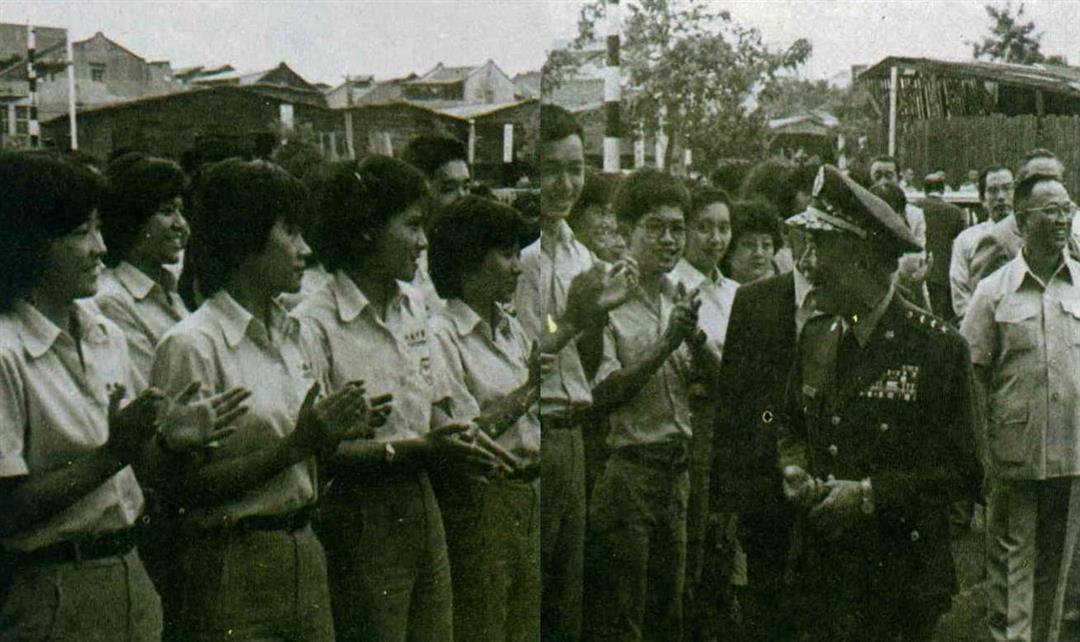
General Wang Sheng is warmly received by students of the Kuokuang Opera School.
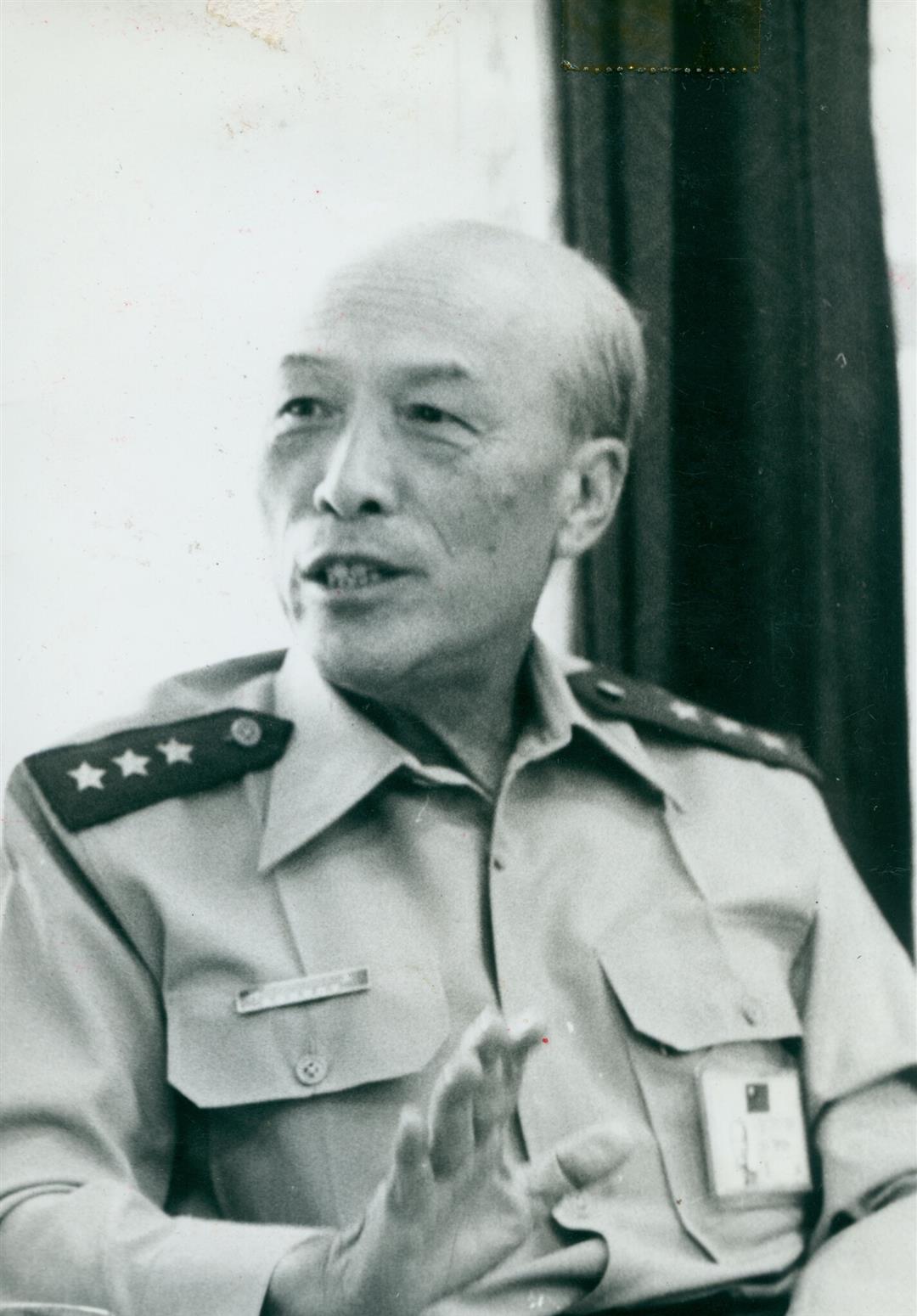
General Wang's gestures and facial expressions animate any conversation.
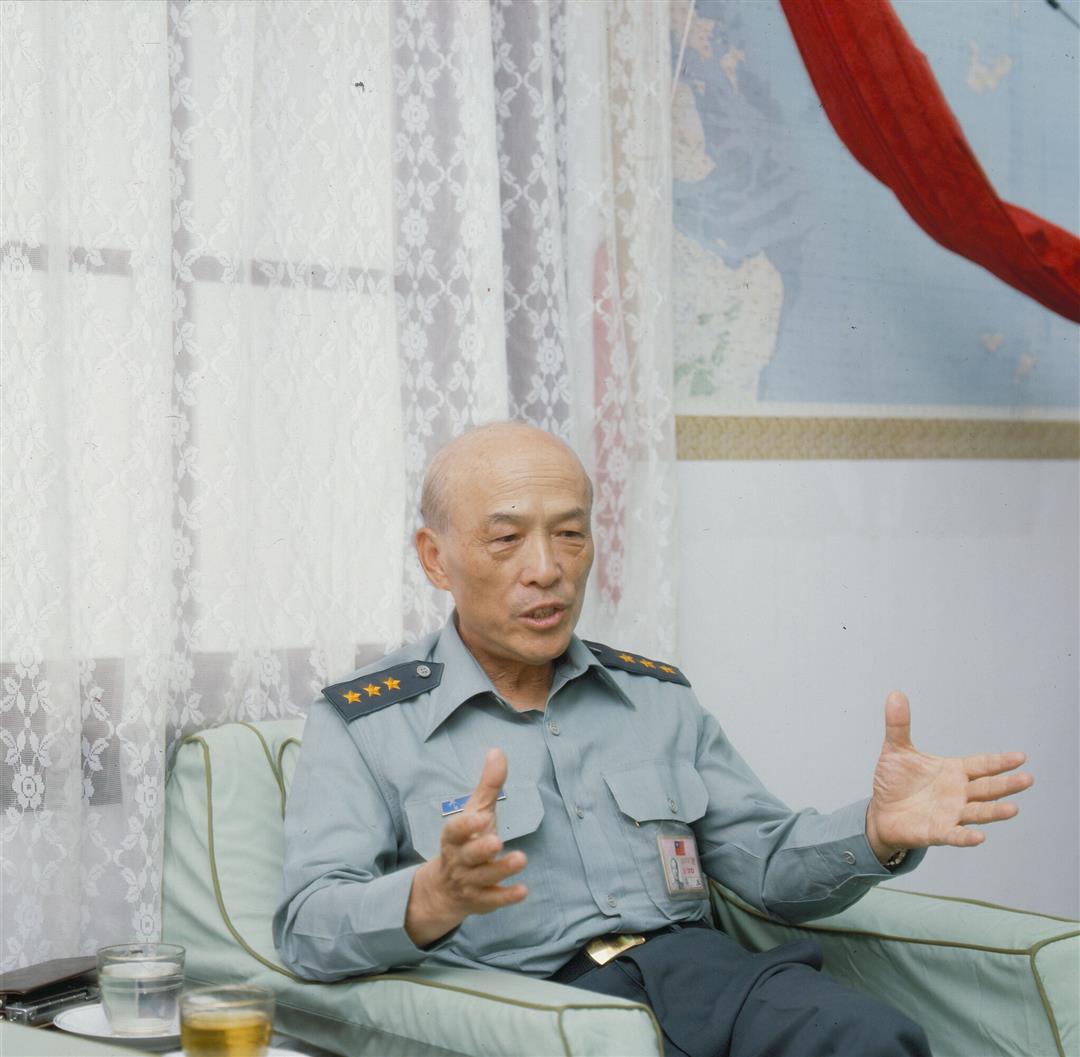
General Wang's gestures and facial expressions animate any conversation.
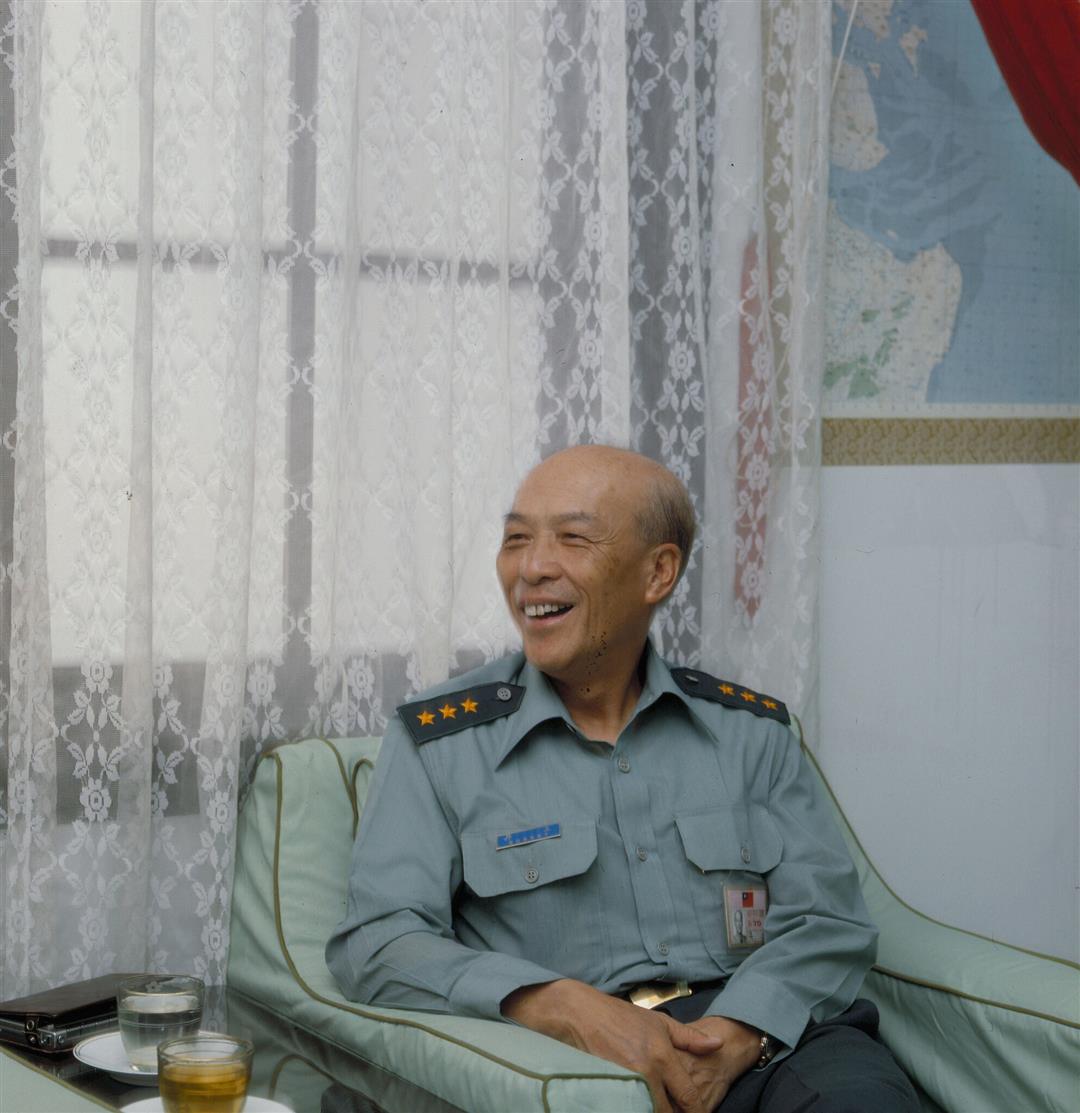
General Wang's gestures and facial expressions animate any conversation.
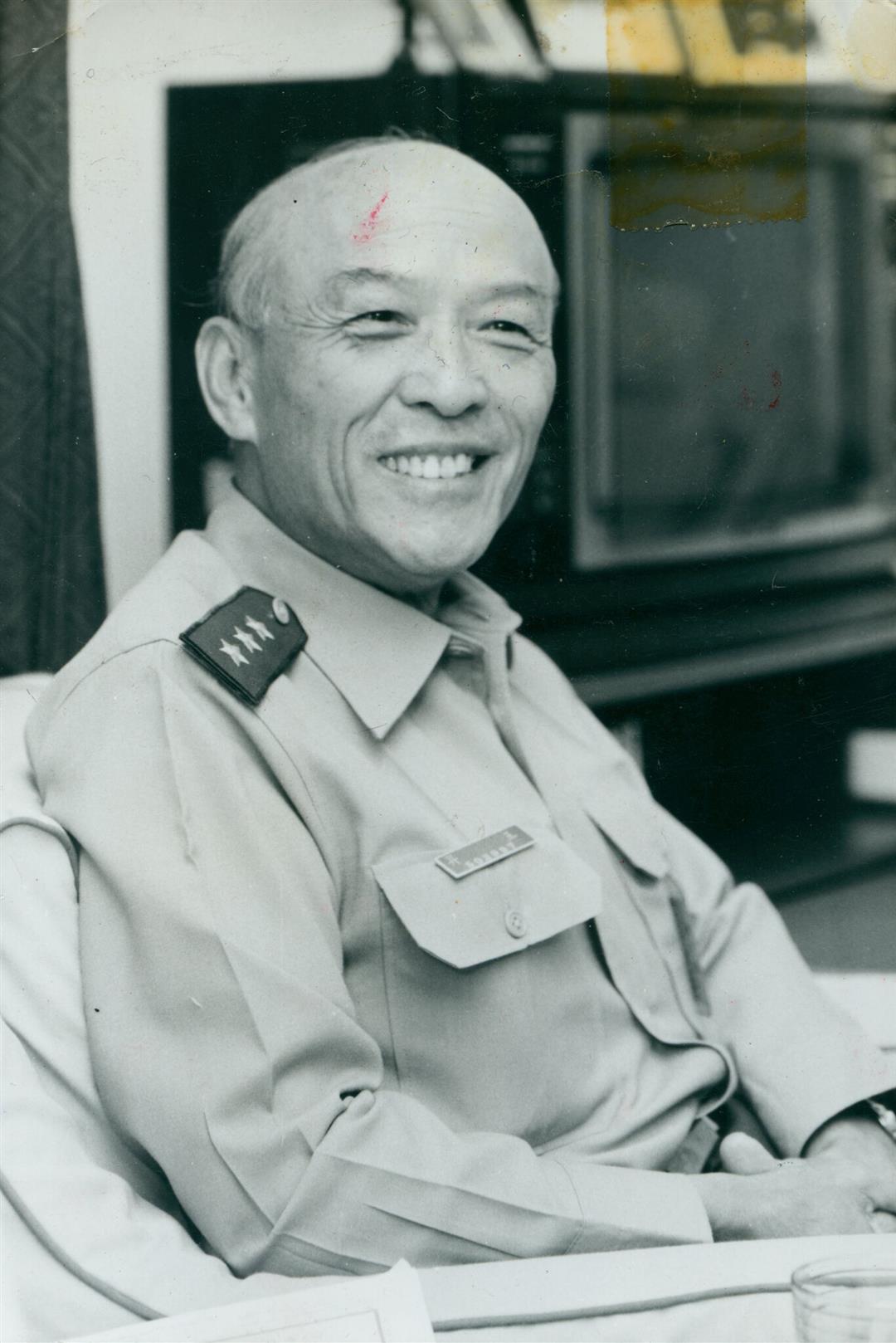
General Wang's gestures and facial expressions animate any conversation.
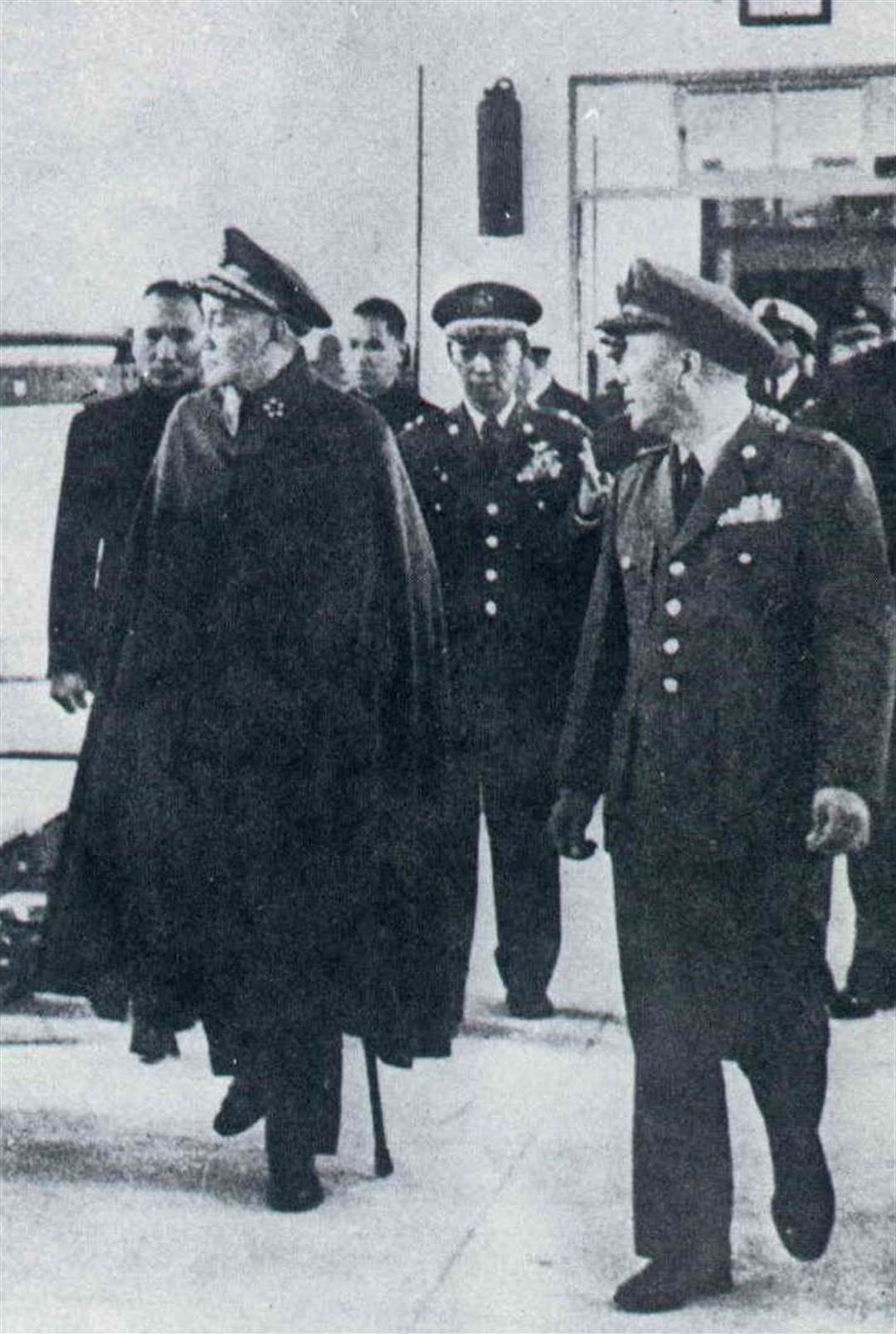
In his capacity as President of the Political Warfare College, General Wang escorts the late President Chiang Kai-shek on an inspection visit.
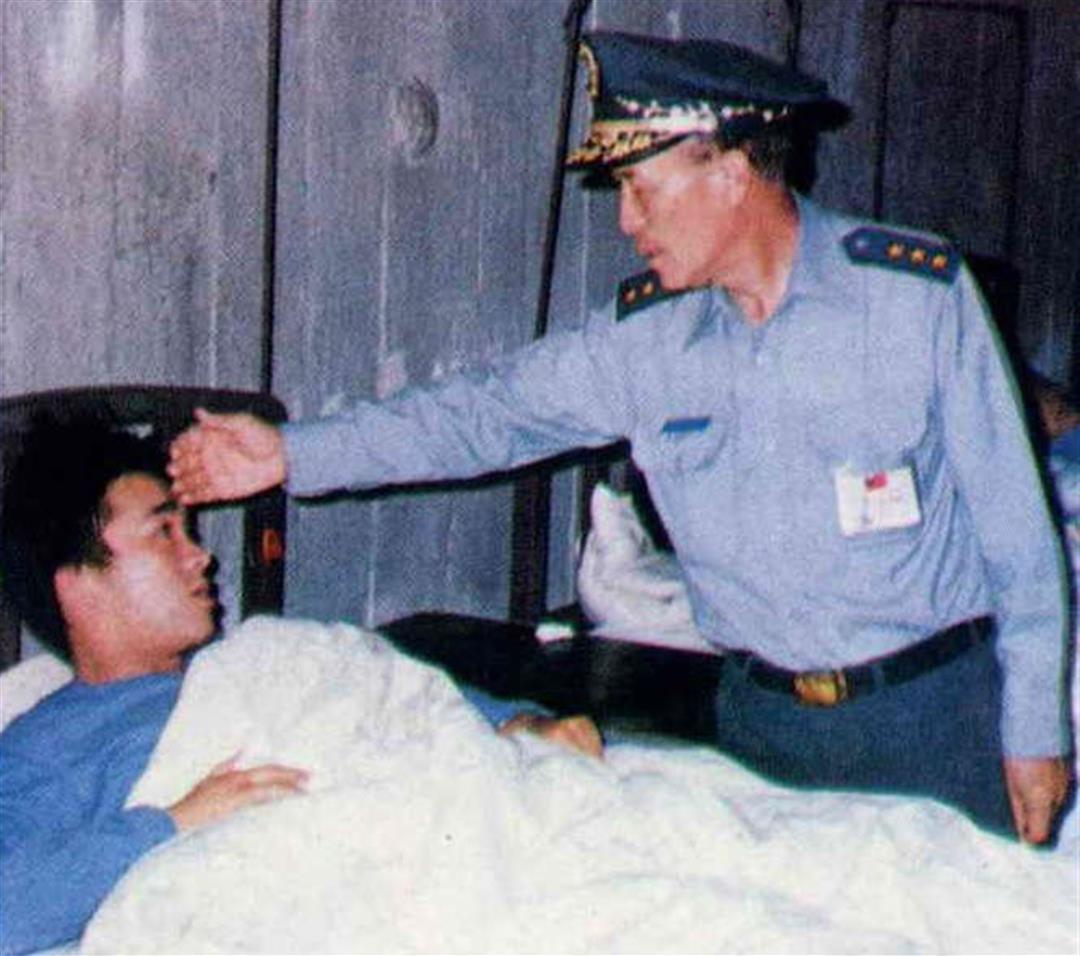
The general visits soldier-patients at a military hospital in Matsu.
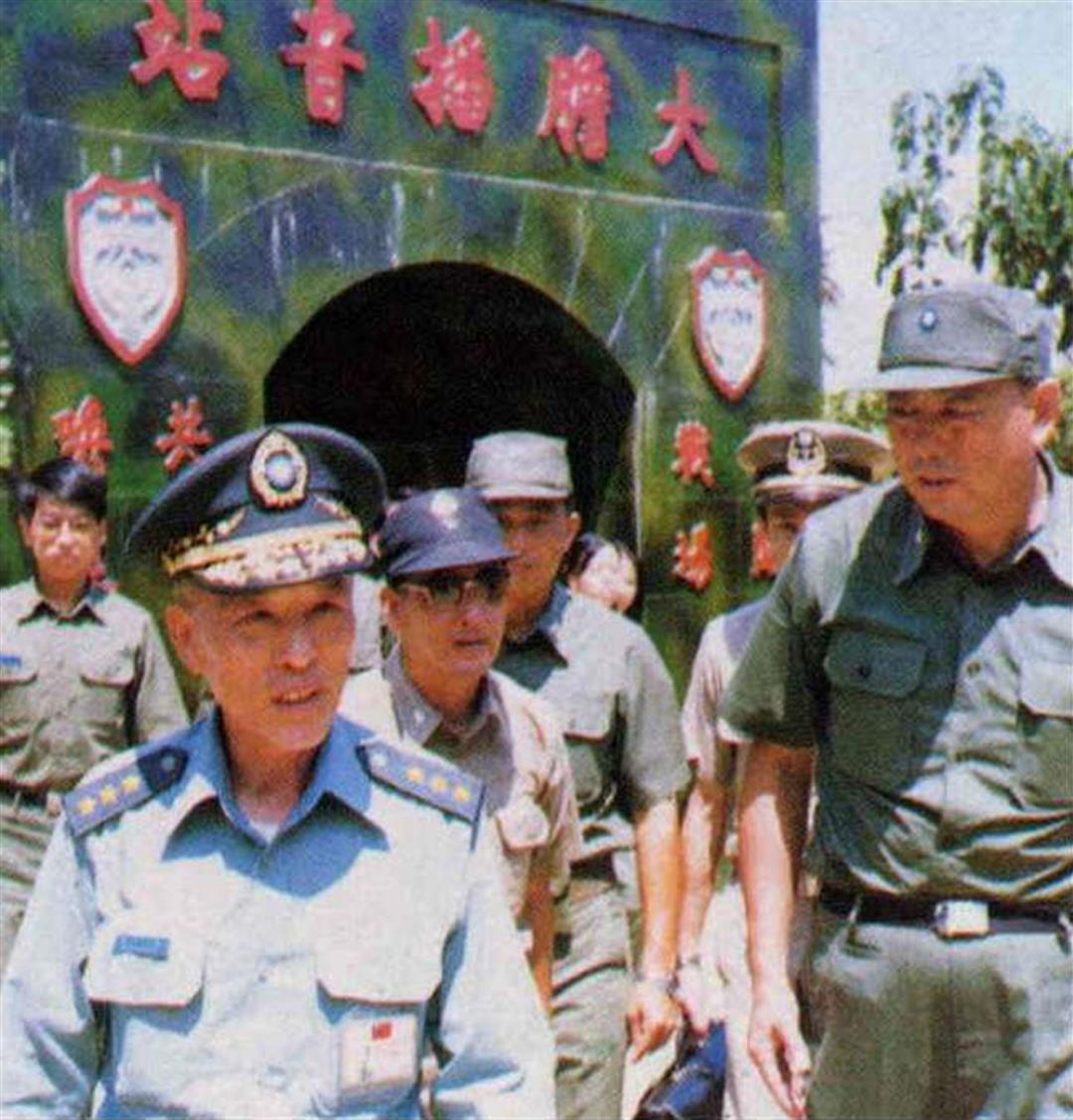
He inspects cadets of Fuhsingkang College on the School's inauguration day anniversary.
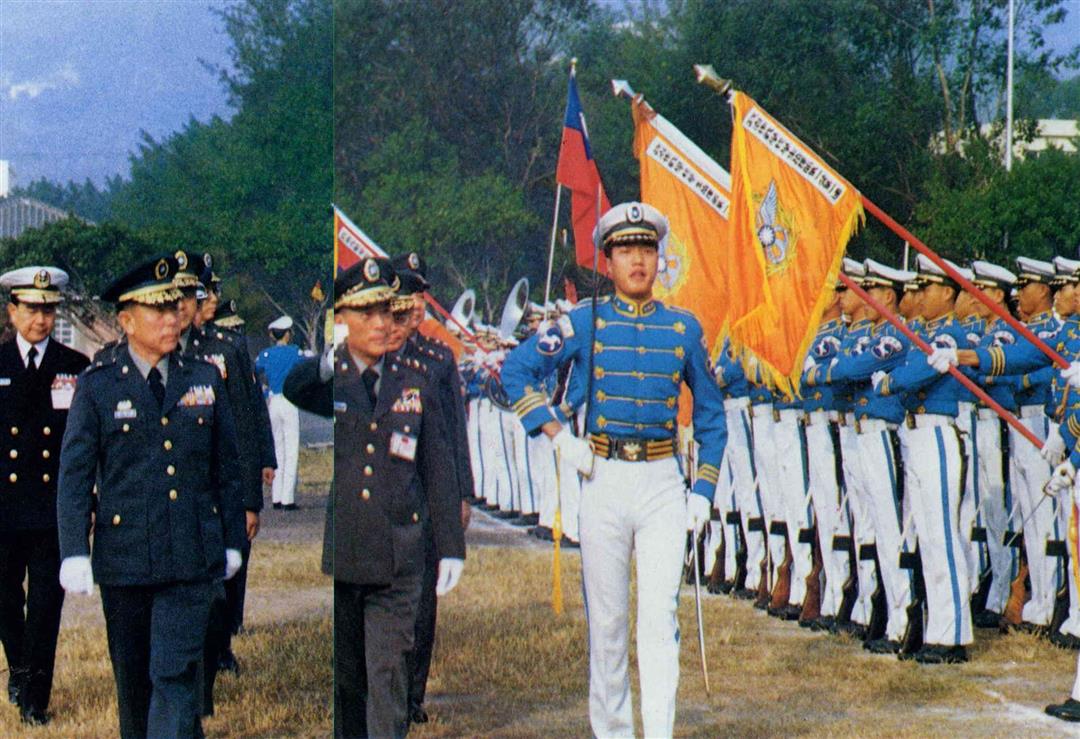
He makes frequent visits to front line units to keep contact with the line troops.
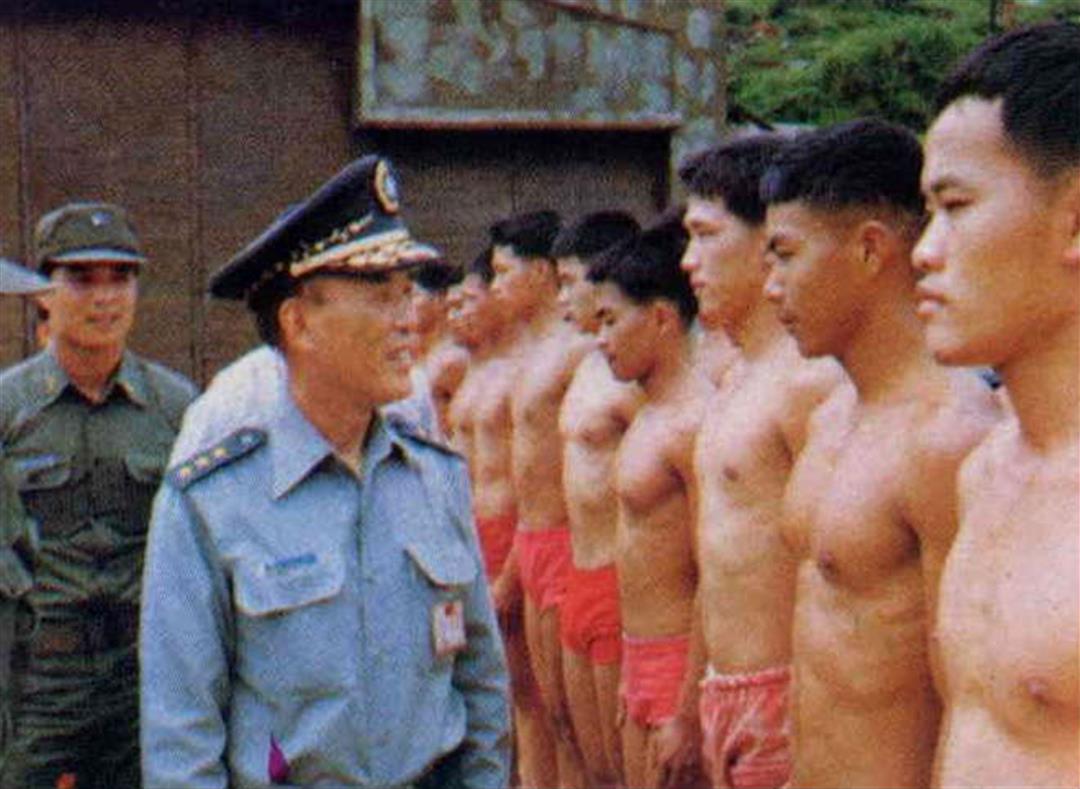
He makes frequent visits to front line units to keep contact with the line troops.
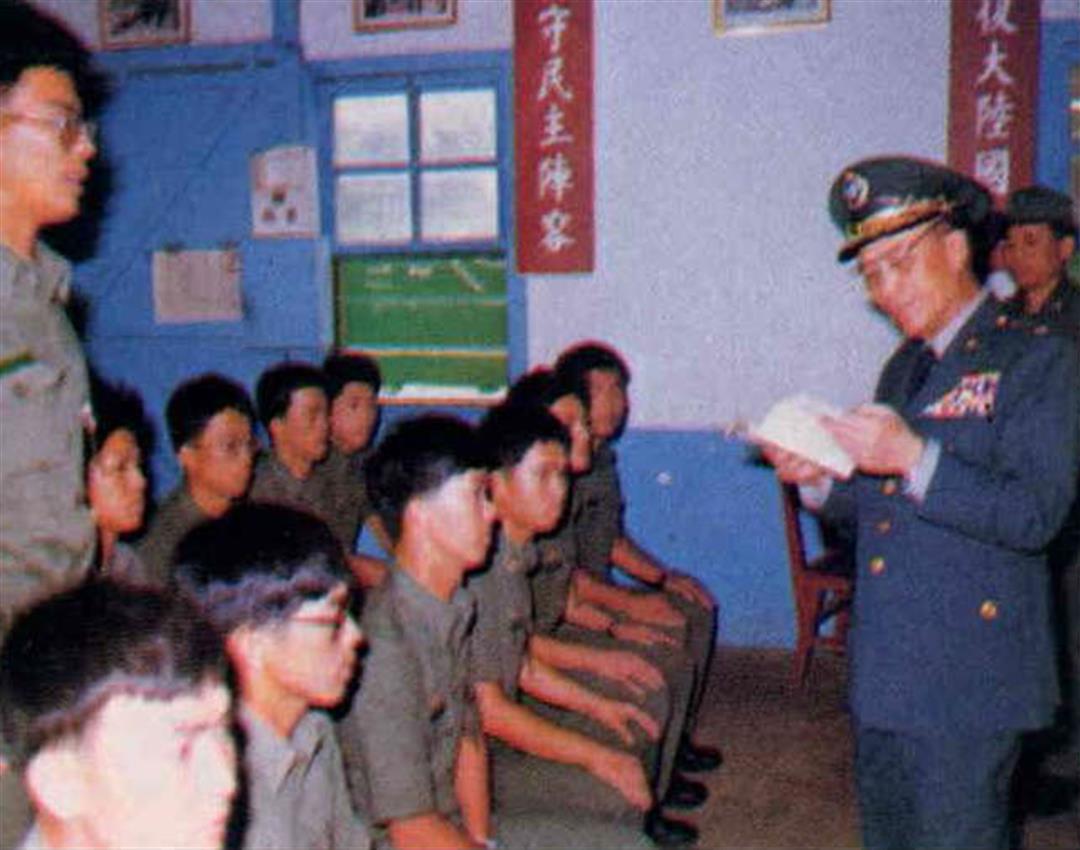
He makes frequent visits to front line units to keep contact with the line troops.
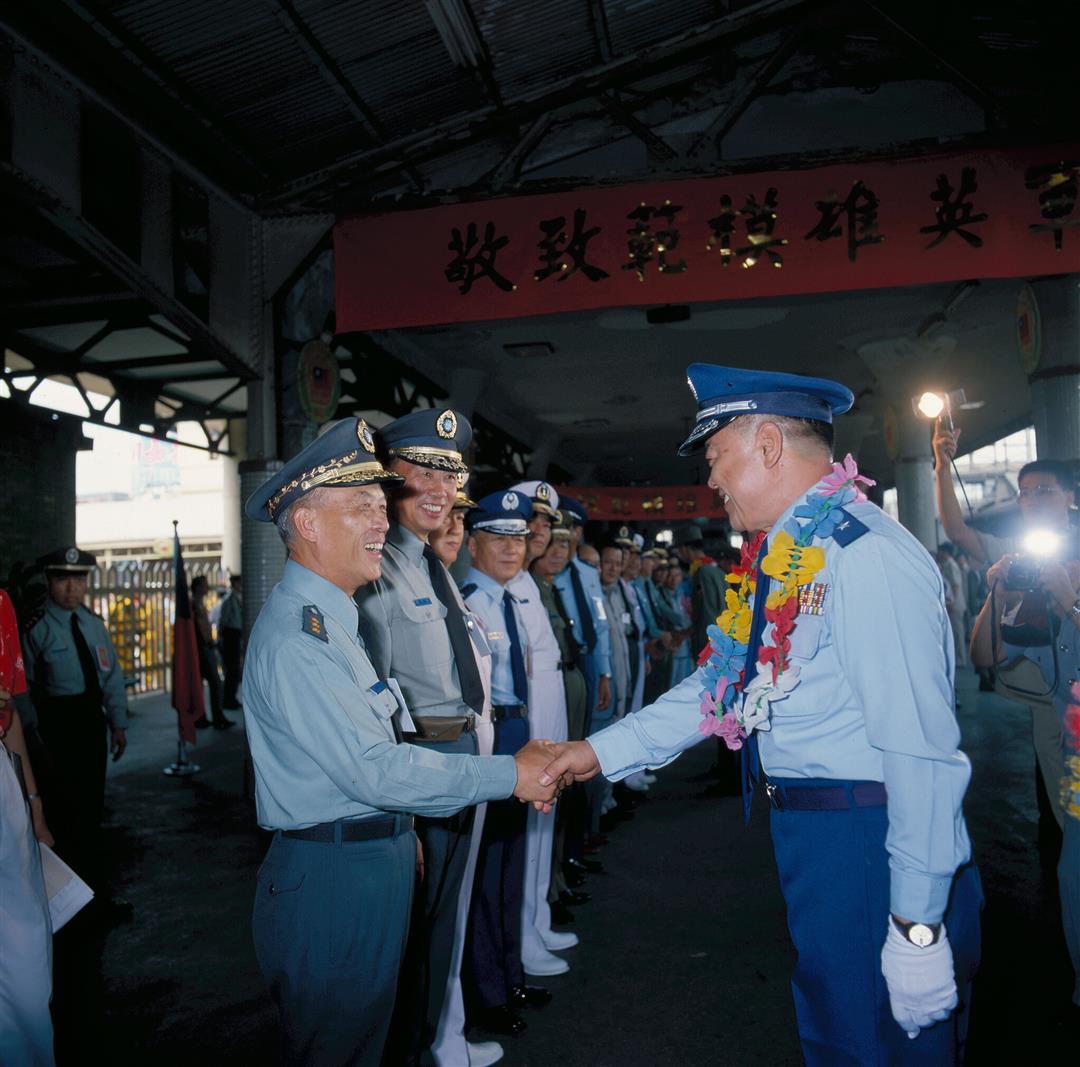
On Armed Forces Day, September 3, General Wang receives model service men on their arrival at Taipei Railway Station.
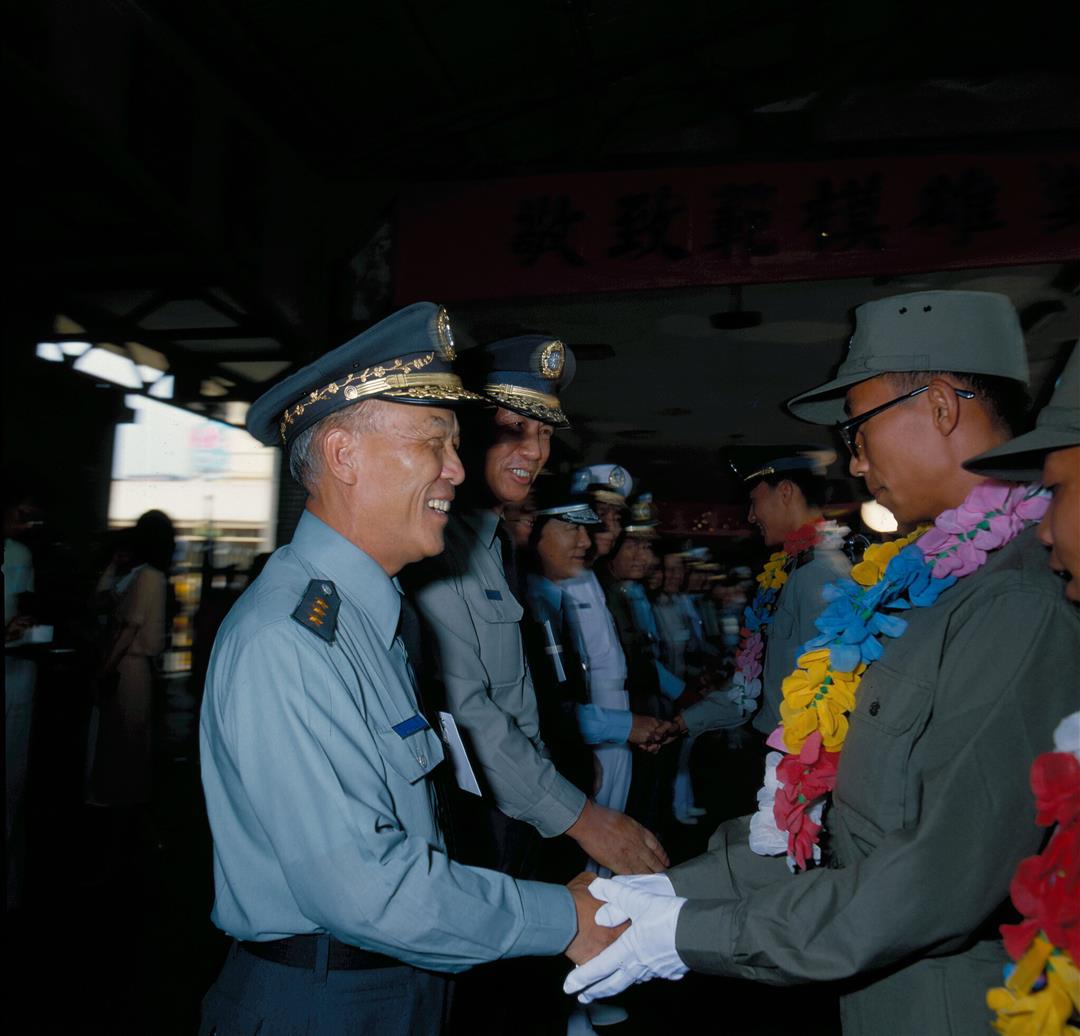
On Armed Forces Day, September 3, General Wang receives model service men on their arrival at Taipei Railway Station.
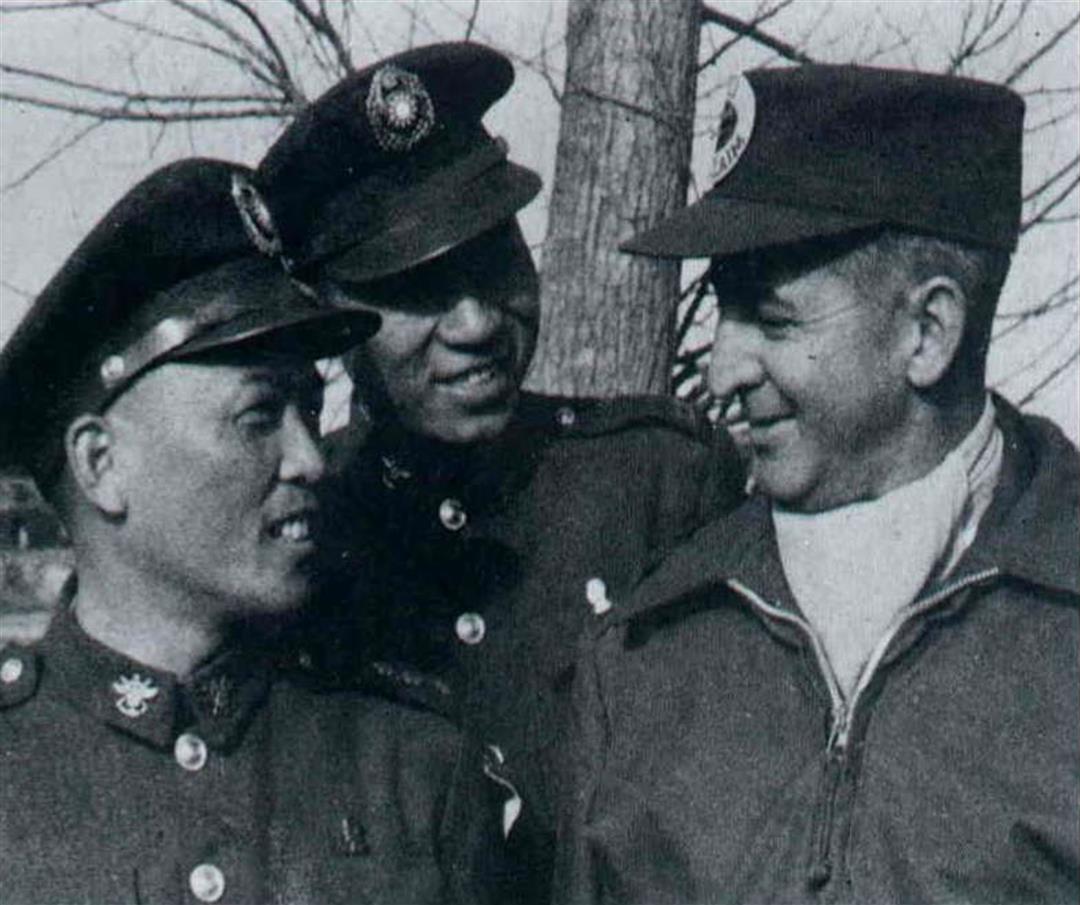
In order to welcome freedom seekers who fled mainland China, General Wang visits Korea. Here he discusses the matter with a U.S. soldier on station in Korea.
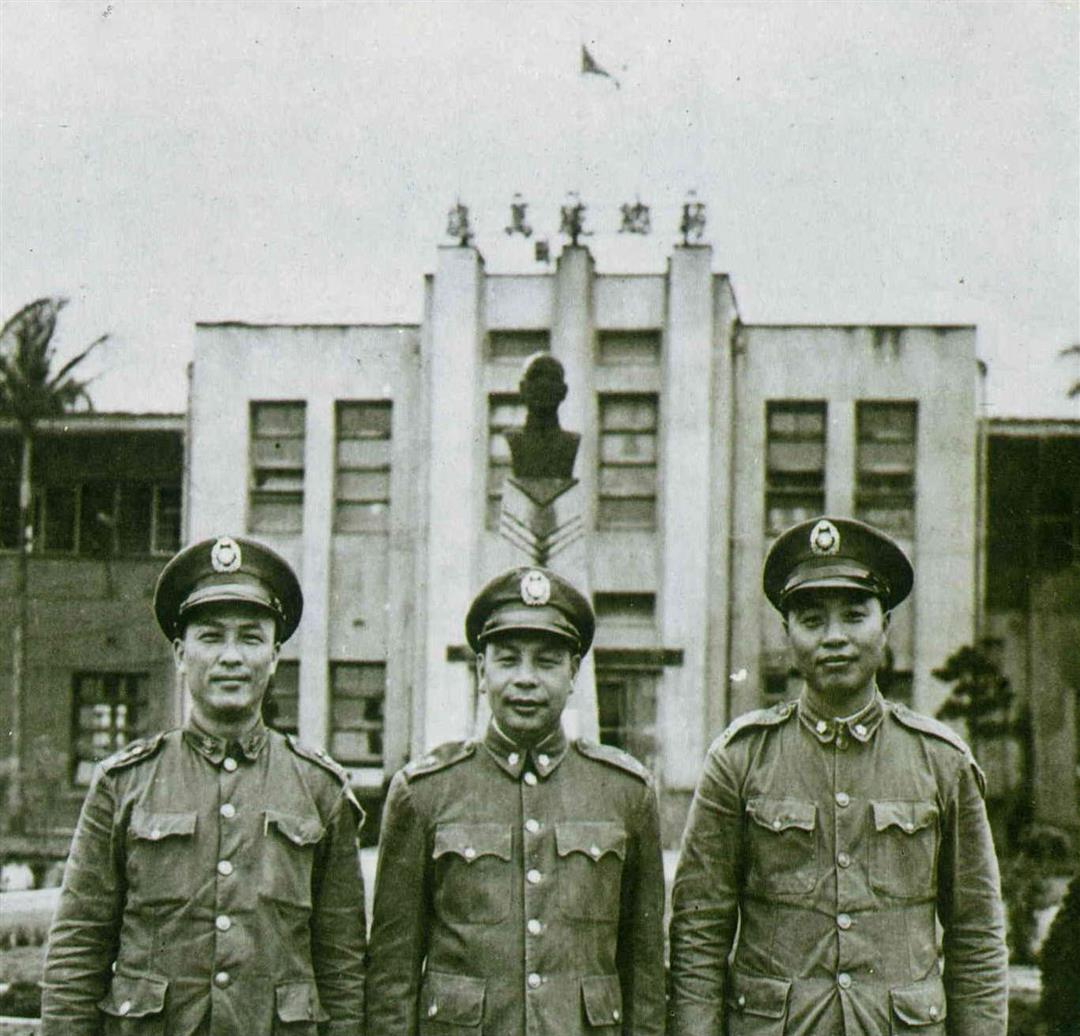
Upon inception of the Political Warfare College, General Wang was its director-general for education. He poses for a picture with now President Chiang Ching-kuo, then director-general of the Department of Political Warfare of the Ministry of National Defense and then President Wang Yun-su of the college.
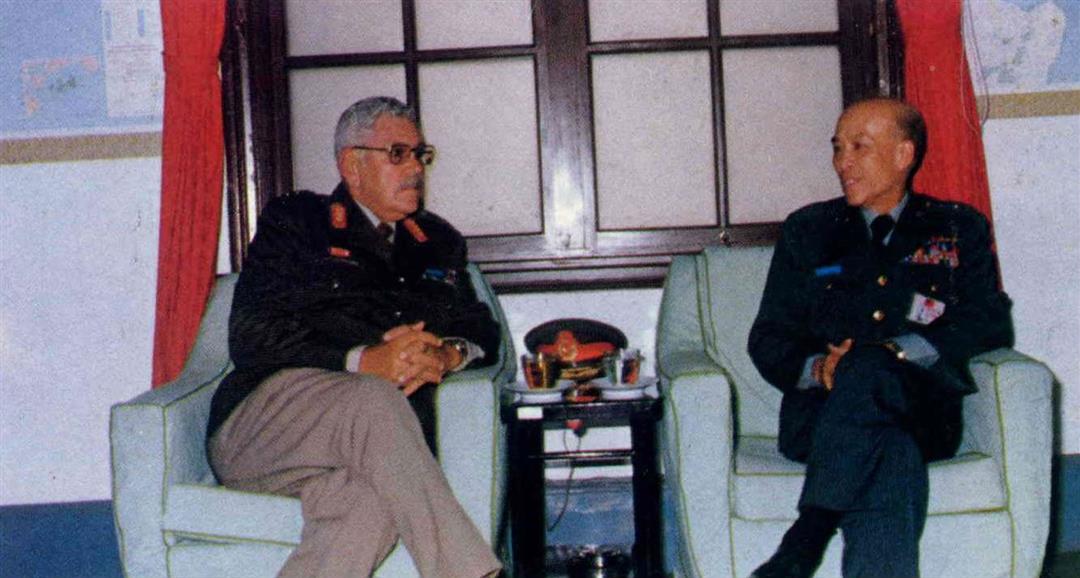
He takes time out from his routine to receive foreign guests interested in ROC views on political warfare. Shown here is meeting with General J. R. Dutton of South Africa.